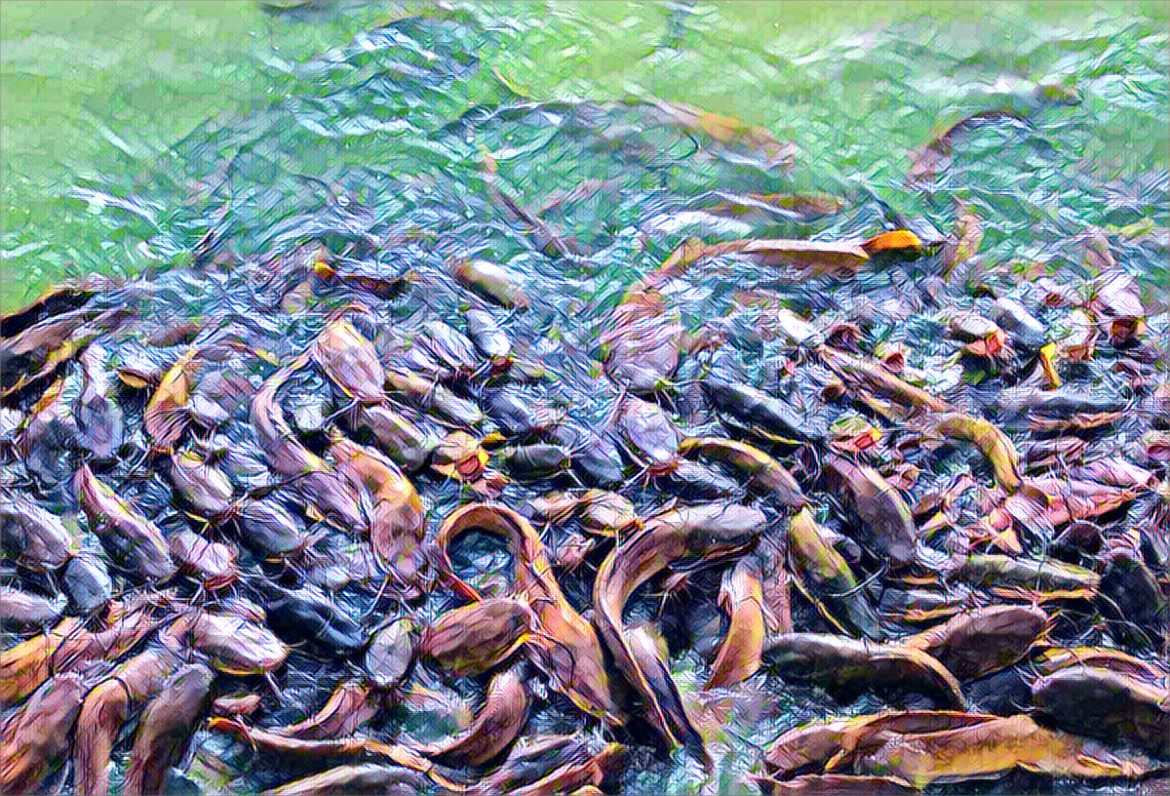The United States Government, through the US Agency for International Development, is set to allocate a significant $29 million investment to bolster aquatic and fish farming initiatives in Nigeria, Bangladesh, Kenya, and Zambia. This announcement comes in conjunction with a five-year extension for two research partnerships under Feed the Future, the US government’s global hunger and food security initiative.
Mississippi State University leads the $15 million initiative, while Michigan State University heads the $14 million program. These investments are earmarked for the Feed the Future Innovation Lab for Fish and the Feed the Future Innovation Lab for Legume Systems Research, respectively.
The Feed the Future Innovation Lab for Fish is dedicated to enhancing the climate resilience of fisheries and other aquatic food systems in countries like Nigeria, Bangladesh, Kenya, and Zambia. Aquatic foods, including fish, shellfish, and seaweed, play a crucial role in providing nutritious animal protein and generating income for aquatic farmers and fishers worldwide.
The lab focuses on developing and scaling innovative approaches that increase fish production sustainably, prioritize natural resource conservation, and cater to the needs of producers and fishers. In this new phase, the lab will emphasize sustainable and climate-smart practices, including efforts to enhance the carbon storage capacity of coastal wetlands and other aquatic ecosystems, reducing greenhouse gas emissions.
Moreover, the extension of these initiatives aims to enhance food safety and inclusivity along the entire aquatic food value chain, ensuring that more people have access to nutritious diets and opportunities for decent livelihoods.
In addition to the aquaculture efforts, the extended research partnerships will concentrate on scaling up the production of new legume varieties. These endeavors not only bolster the resilience of legume farmers’ livelihoods but also increase the availability of nutritious food. The program will expand its reach to include new regions in Africa, as well as, for the first time, Latin America and the Caribbean.
Furthermore, this extension will empower women and young individuals within the legume production systems. Already, this approach has proven successful, offering economic opportunities to rural women’s groups and supporting over 60 students in obtaining higher education degrees.
The United States Government’s commitment to these initiatives underscores its dedication to global food security, climate resilience, and sustainable agricultural practices. These investments pave the way for improved food production, economic opportunities, and enhanced nutrition in regions, including Nigeria, that need it most.
This additional investment reaffirms the United States’ commitment to addressing food security challenges and fostering sustainable agricultural practices. The funds allocated to support aquatic and fish farmers in Nigeria and other nations will play a pivotal role in promoting economic development, improving nutrition, and building climate resilience in vulnerable communities. As these initiatives continue to expand and evolve, there is hope for a brighter and more food-secure future for all.
Source: [Punch]


